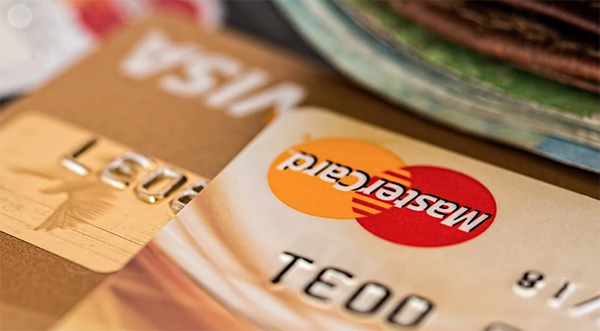Navigating the World of Credit: How to Build and Improve Your Credit Score
By Space Coast Daily // May 25, 2023

Your credit score is a crucial aspect of your financial health. It determines whether you can get approved for loans, credit cards, and other financial products.
A high credit score can help you get better interest rates and favorable terms. On the other hand, a low credit score can make it difficult to get approved for credit and may result in higher interest rates and fees. In this blog post, we’ll discuss how to build and improve your credit score.
Understanding Your Credit Score
Your credit score is a numerical representation of your creditworthiness. It ranges from 300 to 850, with a higher score indicating better creditworthiness. Credit scores are calculated based on several factors, including your payment history, credit utilization, length of credit history, types of credit, and new credit. It’s important to understand how these factors affect your score so that you can take steps to improve it.
Building Your Credit Score
If you have no credit history or a low credit score, you can take steps to build your credit. One way to do this is to apply for a secured credit card. This type of credit card requires a security deposit, which serves as collateral for the credit limit. By using the card responsibly and making on-time payments, you can establish a positive credit history and improve your score.
Another way to build your credit is to become an authorized user on someone else’s credit card. This means that you’ll have access to their credit line and can use the card to make purchases. However, it’s important to ensure that the primary cardholder has a good credit history and makes on-time payments. Otherwise, your credit score could be negatively affected.
Improving Your Credit Score
If you already have a credit history but your score is low, there are steps you can take to improve it. The first step is to make sure that you’re making on-time payments. Payment history is one of the most important factors that affect your credit score, so it’s crucial to pay your bills on time. Using the Prillionaires wealth management app, you can keep track of all your liabilities.
Another way to improve your credit score is to reduce your credit utilization. Credit utilization refers to the amount of credit you’re using compared to your credit limit. It’s recommended to keep your credit utilization below 30% to maintain a good credit score. You can reduce your credit utilization by paying down your balances or requesting a credit limit increase.
Lastly, it’s important to check your credit report regularly to ensure that there are no errors or fraudulent activity. You’re entitled to a free credit report from each of the three major credit bureaus (Equifax, Experian, and TransUnion) every year. Review your credit report for accuracy and dispute any errors or fraudulent activity.
Conclusion
Your credit score plays a significant role in your financial health. By understanding how it’s calculated and taking steps to build and improve it, you can increase your chances of getting approved for credit and getting favorable terms.
Remember to make on-time payments, keep your credit utilization low, and check your credit report regularly to ensure its accuracy.












